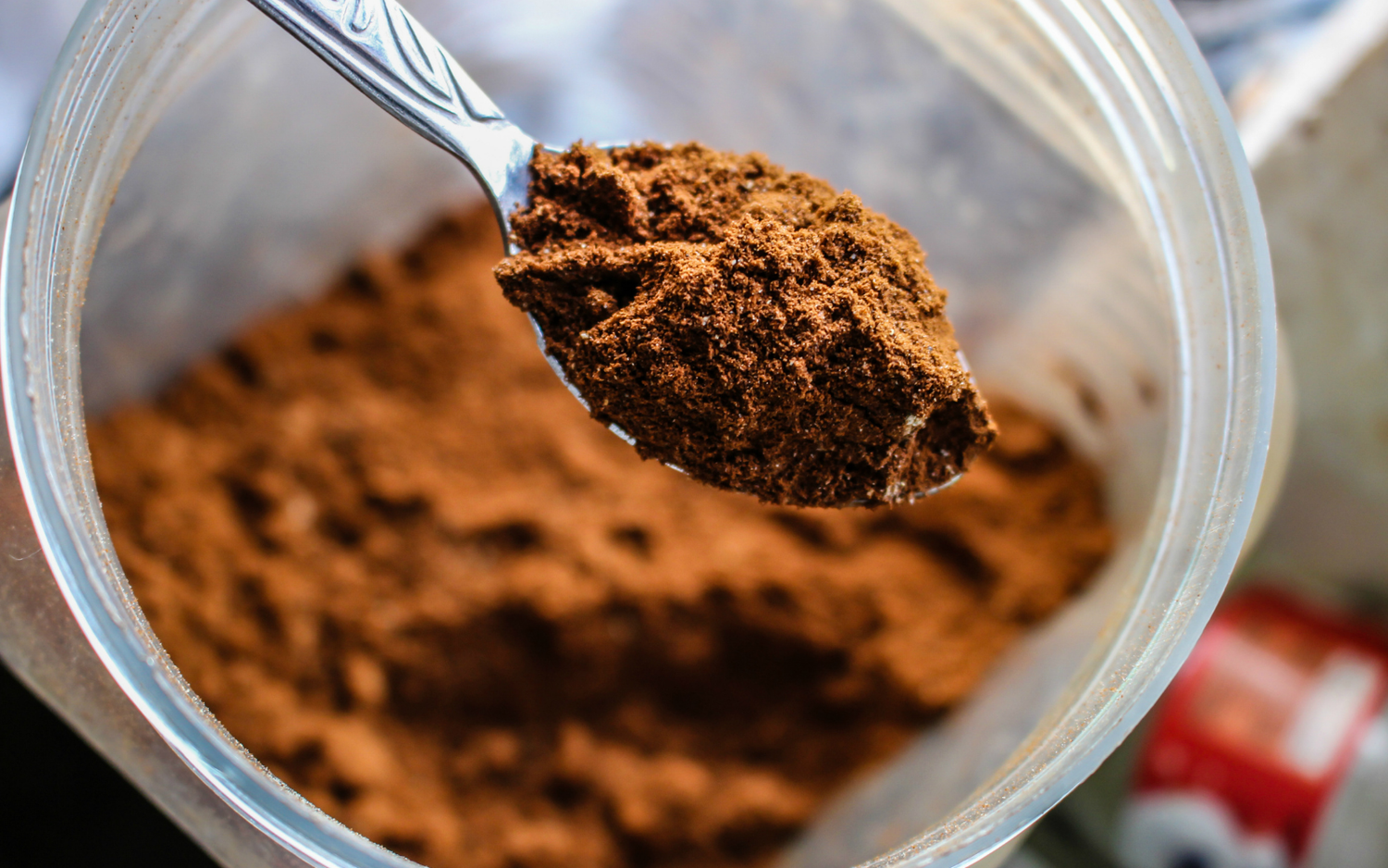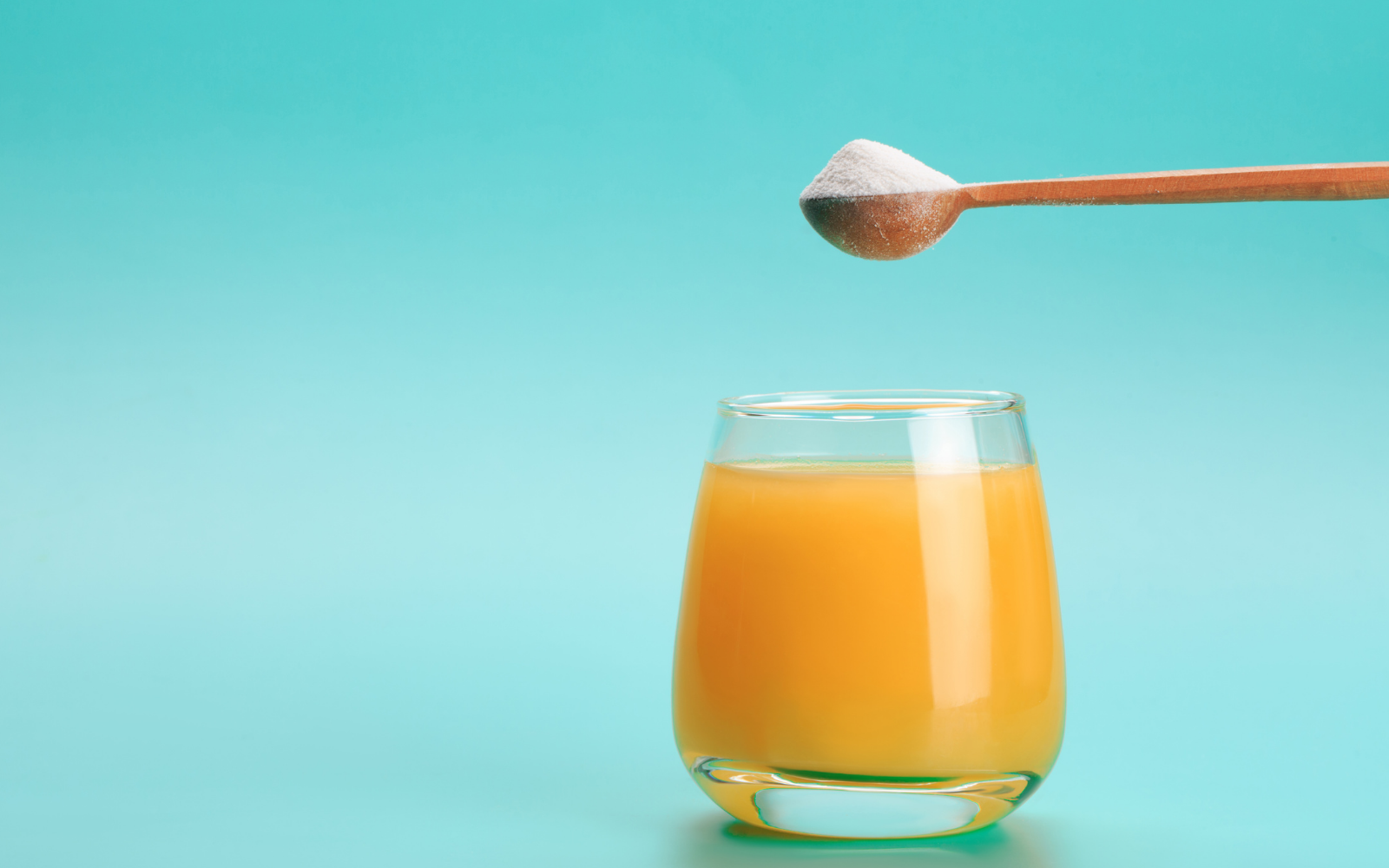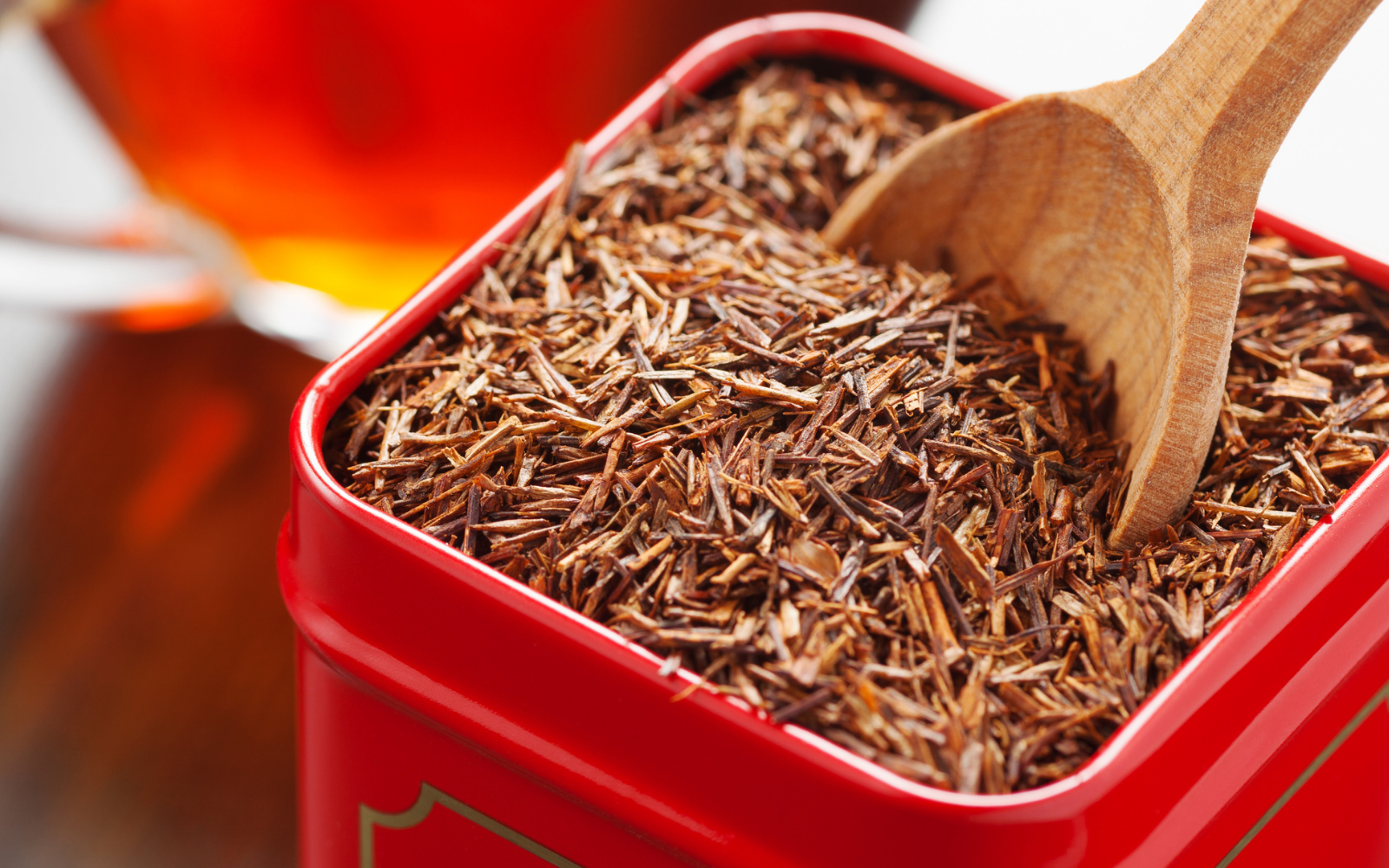Creating a well-balanced diet is completely possible as a vegetarian or vegan.
You don’t need to eat meat or even whey protein to get all of your essential amino acids.
A comprehensive and high-quality plant-based protein powder is your new best friend: they contain everything you need to build muscle and feel satisfied.
Plus, plenty of plant-based protein powders contain other substances and ingredients for extra functional benefits. It’s important to do your research so you choose the best plant-based protein powder possible without any nasty hidden junk.
These protein powders make it easy for vegans and vegetarians to get all the protein supplements they need every day.

What is a Plant-Based Protein Powder?
These refer to a protein powder made from plants that – hopefully – contains all the amino acids you need for muscle growth and other bodily functions. Unfortunately, most plant proteins aren’t complete, which means they don’t contain all the essential amino acids you need to support protein synthesis. Here’s the good news: if you eat a broad variety of plant proteins, you can still consume all the right amino acids to make things work. (1) The choices we picked for this list are completely vegan protein powders, unlike whey protein which is derived from milk. Plus, they also contain extra nutrients and ingredients for added benefits.Types of Plant-Based Protein Powder
Maybe you’re interested in going vegan or vegetarian. Maybe you just want to replace some of your dairy-based protein with plant-based alternatives. Perhaps you’re already vegan and you’re concerned you aren’t consuming enough complete protein. Whatever your story, we have some protein powders to help you reach your goals.Pea Protein Powder
- 100 calories and 28 grams of protein per quarter-cup serving
Brown Rice Protein Isolate
- 107 calories and 22 grams of protein per quarter-cup serving
Hemp Protein
- 108 calories and 12 grams of protein per quarter-cup serving
Pumpkin Seed Protein
- 103 calories and 18 grams of protein per quarter-cup serving
Protein Blends
You can find many plant-based protein powders that contain a blend of several plant proteins to create a complete protein source. These are a great choice because they’re made with the goal of hitting adequate essential amino acid levels. You can also create your own complete plant-based protein powder by mixing your own blends. For example, you could add pea protein powder to your hemp protein powder for a complete protein. You could also add chia seeds or chia protein to pea powder since chia lacks lysine. Quinoa is one of the only complete plant proteins which makes it a great addition to your diet either as a meal or protein powder. When purchasing a pre-made plant-protein blend, keep an eye out for added sugars and other ingredients.Other Ingredients
Sometimes, vegan protein powder blends may contain helpful added ingredients instead of harmful ones like sugar. Chia seeds, for example, contain plenty of heart-healthy fiber and omega-3 fatty acids which are difficult to find in plant foods. Mushroom extracts also complement protein powders nicely because they contain intense benefits for athletes and brain health.What Are the Benefits of Plant-Based Protein Powder?
Why should you choose plant-based protein powders over typical whey protein? What’s in it for you? Here are just a few benefits.- Dairy-free: You can still get all the protein you need to build muscle if you’re lactose-intolerant or sensitive to dairy.
- Powerful potential: Most plant-based protein powders contain other ingredients or nutrients to support different parts of the body – especially protein powders like hemp or pumpkin seed.
- Meet your weight loss goals: You’ll feel fuller for longer periods of time. Plus, added ingredients like chia can expand in your stomach and keep you feeling satisfied.
- Act as a meal replacement: With the right blend of ingredients, you can consume a full meal with complete protein sources and other nutrients.

What to Watch Out For
When you choose plant-based protein powders, your goal is to improve your health, right? That’s why it’s so important to look out for harmful or unnecessary ingredients. Plus, you want to make sure you’re consuming comprehensive protein sources to get all of your amino acids – so always read labels and do your research.Clean Ingredients
Check the label to make sure you’re only consuming clean ingredients. Many supplement companies take the time and effort to become certified through third-party organizations such as the Good Manufacturing Practices (GMP) system.Types of Sweeteners
With any protein powder, it’s important to keep an eye out for added sugars which can jack up your calorie and carbohydrate counts. You should also look for artificial sweeteners like aspartame which haven’t been studied for long-term daily use to guarantee safety. (6)Contains All Amino Acids
It’s crucial to choose a protein powder or protein blend that contains all of your essential amino acids. Each protein powder should clearly state its amino acid profile directly on the package. If you can’t find a blend that creates a complete protein, buy two different plant protein powders and make your own. In most cases, you’ll find that a plant protein contains most amino acids and falls short in one such as lysine.Contains Other Functional Benefits
Plants give us powerful nutrients. Why not choose a plant protein that works as hard as you do? Look for protein powders that contain extra – good – ingredients like mushroom extracts, flax, chia seeds, or collagen.Choose Organic Protein When Possible
To avoid pesticides and other harmful ingredients, it’s always a good idea to choose a plant-based protein that’s certified organic. You should also look for a protein powder made from non-GMO ingredients. You can easily check this by looking for a non-GMO certified label on the package, just as you would with organic products. With brown rice protein, pay special attention to make sure it’s also tested for arsenic.Gluten Free
Plant-based protein powders should be gluten-free. There’s really no reason a protein powder – plant or whey – should contain any wheat ingredients. If it’s not listed as gluten-free, this could simply mean it was produced in a facility that also produces products with wheat ingredients – it doesn’t necessarily mean there’s wheat inside the powder. As always, check the ingredient list yourself and look for any gluten-containing substances.Soy Free
It’s true: soy is an extremely popular plant-based protein. However, many people are allergic sensitive to soy so these folks should look for soy-free protein. Other people, especially men, may want to avoid high levels of soy since it mimics estrogen in the body. Always check the label to make sure there aren’t any soy-based ingredients in your powder. Why choose soy protein when you have so many awesome plant-based options out there?


